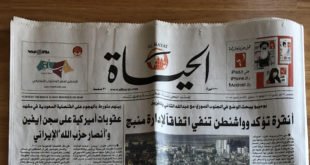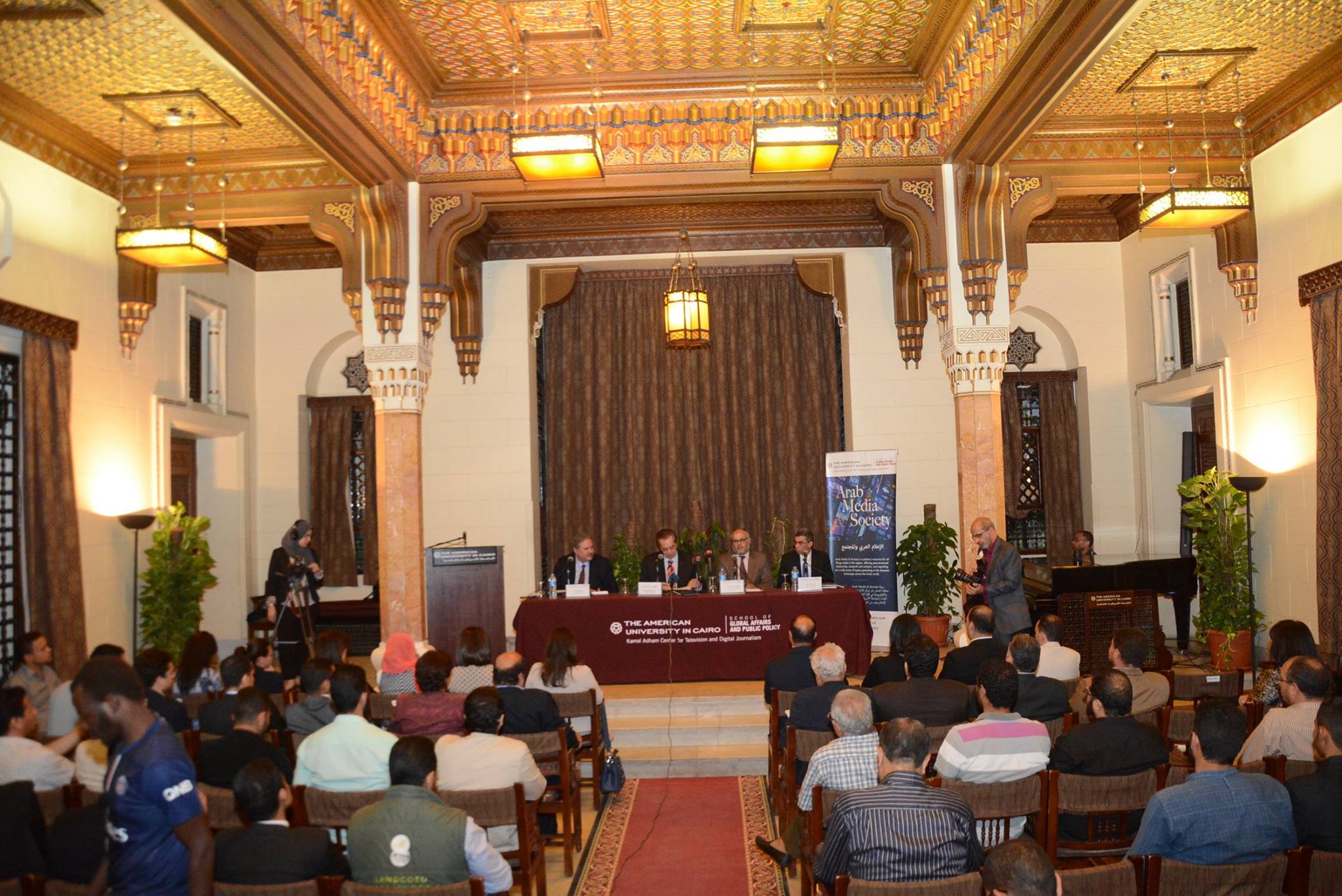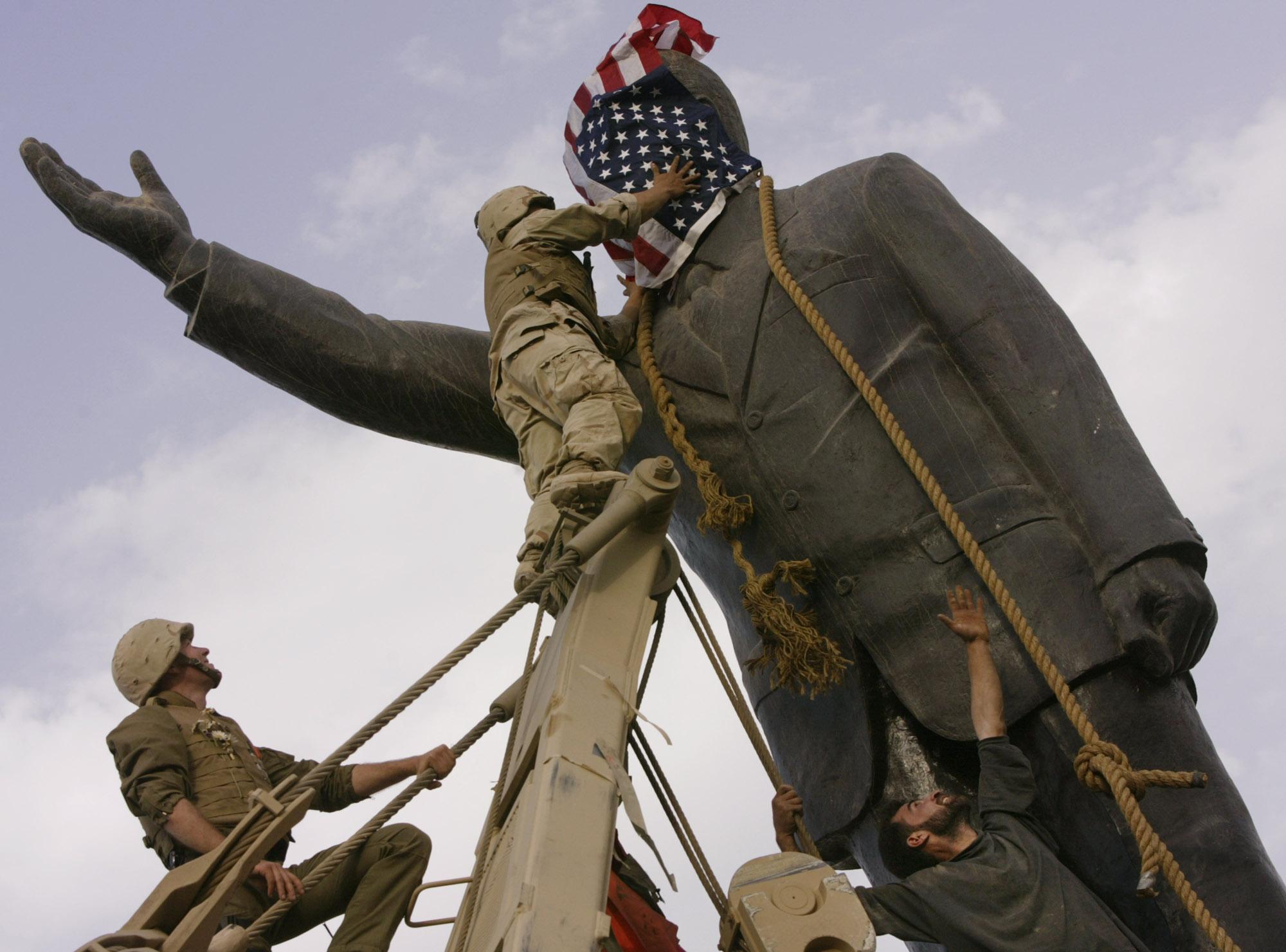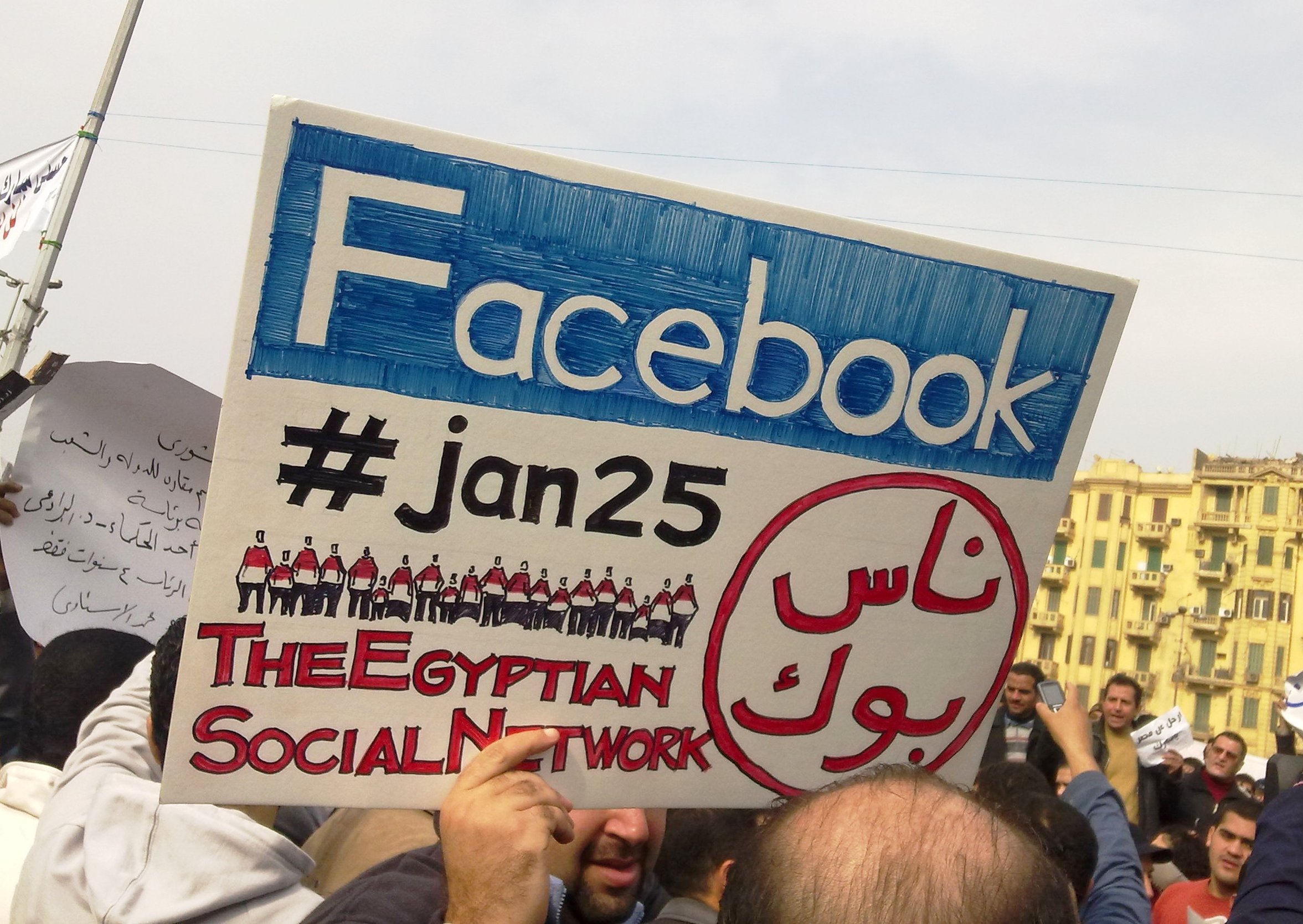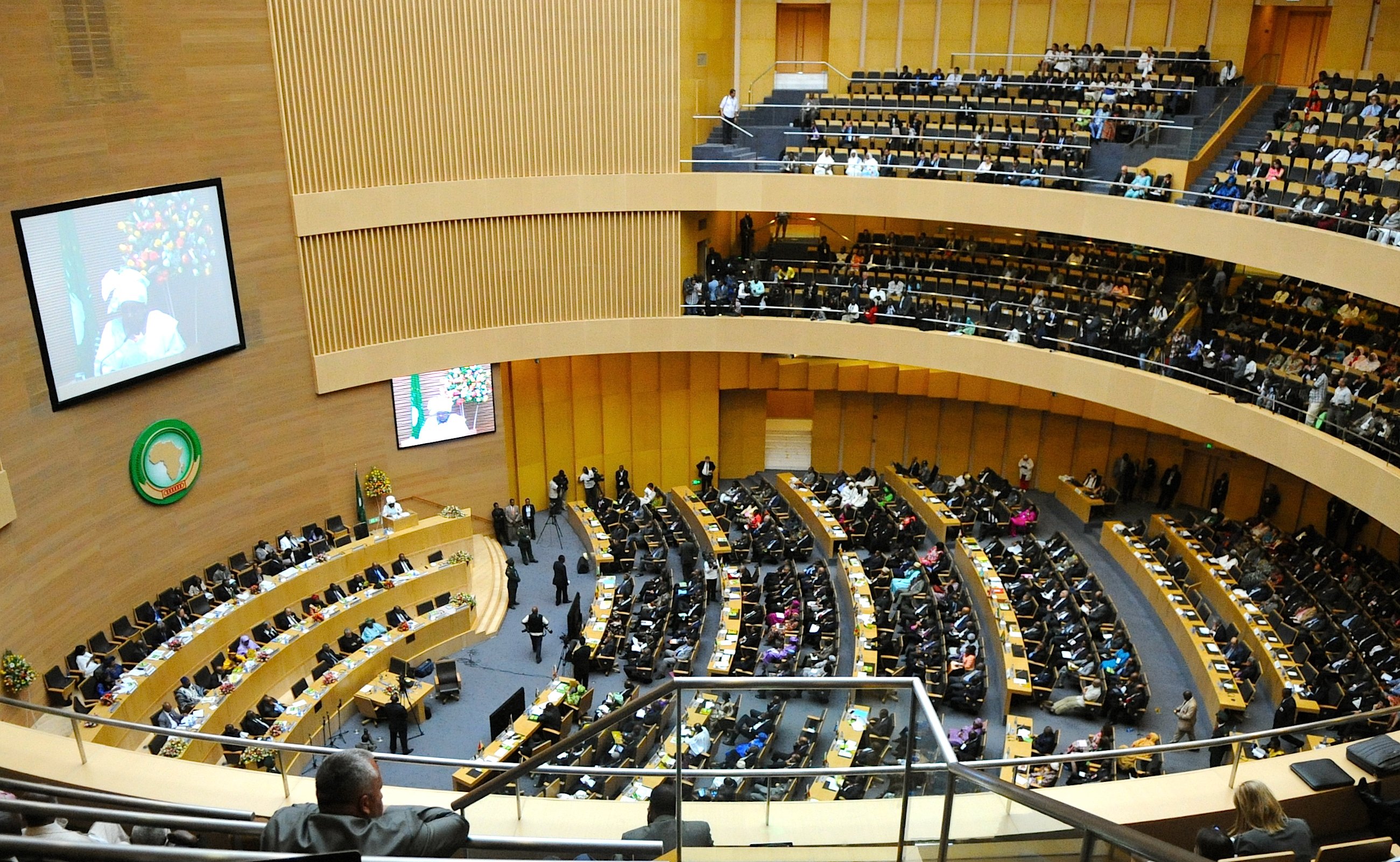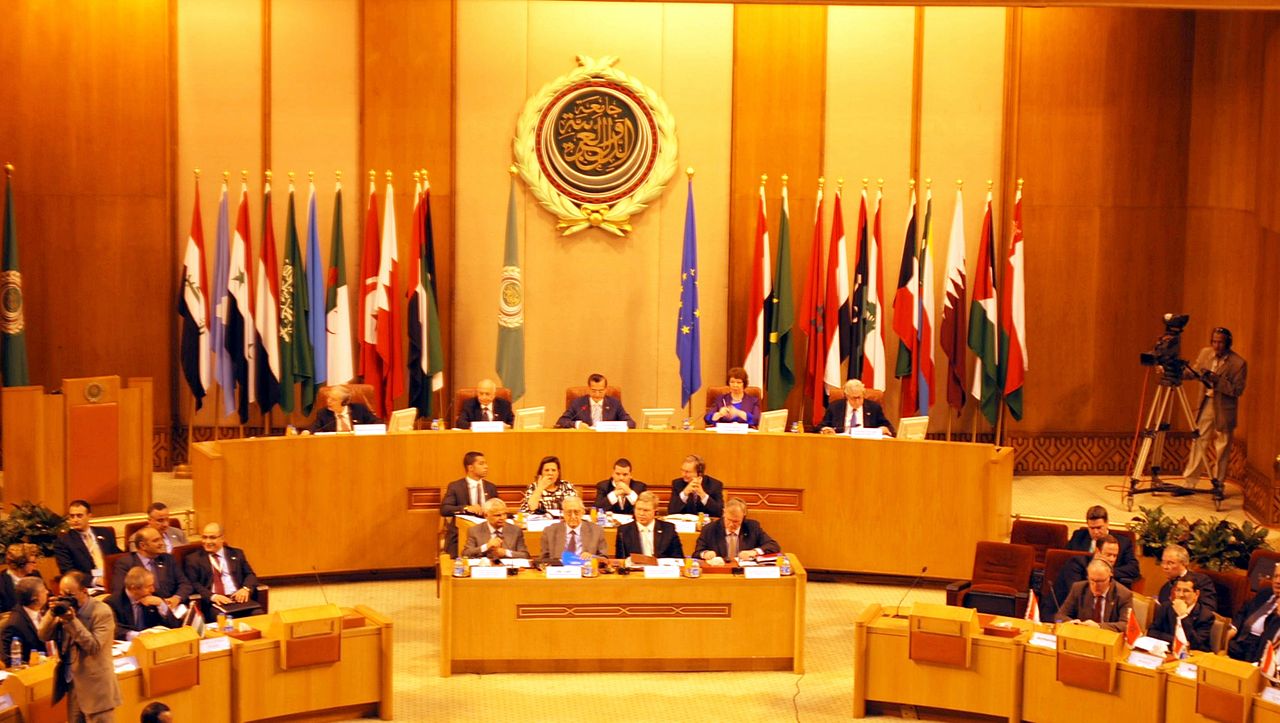Issue 27, winter/spring 2019 https://doi.org/10.70090/IBL27SRA Abstract Troubled by a history of misconceptions on Western silver screens, Arab and Muslim filmmakers have kept their cinematic productions thematically close to the reality of their postcolonial cultural and social conditions, while trying to represent their communities in complex ways. In many efforts of …
Read More »Arab World
Infantilizing Arab politics: A quick reading of the viral Ramadan 2018 Zain telecom ad
Issue 26, summer/fall 2018 https://doi.org/10.70090/OAG18IAP Since 2011, the Kuwaiti telecom company Zain Group, one of the largest in the Middle East, has produced a series of popular ads broadcast annually during Ramadan. The ads are songs, usually featuring celebrities singing and dancing with children. Since 2015, the ads have become …
Read More »Mohammed Assaf’s victory five years on: Arab Idol and the Zionist colonization of Palestine
Issue 26, summer/fall 2018 https://doi.org/10.70090/LB18MAVA Abstract This essay, based on the author’s fieldwork on Palestinian music and oral history, examines the position of singer and Arab Idol winner Mohammed Assaf in relation to the contemporary Palestinian struggle and the wider play of power in the Arab world. The issues discussed …
Read More »Al Hayat Daily Adrift in a Sea of Media Sharks
It was the go-to pan-Arab newspaper that noted journalists, analysts, and anyone worth their salt wrote for, and that readers seeking professional reporting and deconstructing of events picked up for balanced coverage, diverse views, and hard-hitting editorials—all relatively speaking, of course. Quite a tall order for a daily in a …
Read More »Picturing Law and Order: A Visual Framing Analysis of ISIS’s Dabiq Magazine
Issue 25, winter/spring 2018 https://doi.org/10.70090/KDCW18VF Abstract The rise of ideologically-driven lone actor terrorist attacks, coupled with the use of Internet-circulated media products as sources of inspiration, raises the need to understand the message strategies embedded in media campaigns of groups like ISIS. To better understand “enforcers” of ISIS’ interpretation of …
Read More »REPORT | Media and Politics: An Arab Media & Society Symposium
Issue 24, summer/fall 2017 https://doi.org/10.70090/BA17RMPA The Kamal Adham Center for Television and Digital Journalism in the School of Global Affairs and Public Policy at the American University in Cairo (AUC) hosted a symposium on “Media and Politics” on Wednesday, May 24, 2017. The symposium, which brought together professors specialized in …
Read More »BOOK REVIEW | The News Media at War: The Clash of Western and Arab Networks in the Middle East
Issue 24, summer/fall 2017 https://doi.org/10.70090/PS17BRNM News organizations are tested in many ways during war. Journalists covering combat must be knowledgeable and possess courage and resilience. Executives must commit the necessary resources, financial and other, to ensure comprehensive coverage. Editors and producers must familiarize themselves with the political and cultural background …
Read More »BOOK EXCERPT | Online Activism in the Middle East: Political Power and Authoritarian Governments from Egypt to Kuwait
Issue 24, summer/fall 2017 https://doi.org/10.70090/JN17BEOA 25 January—Tahrir Square Freedom—Facebook Does the Internet facilitate social and political change, or even democratization, in the Middle East? The subject of this inquiry is the use of online platforms among activists in the Middle East, and the importance of such platforms in effecting change. …
Read More »Morocco’s Return to African Union Widely Reported by International Media
February 1, 2017 —The 28th Summit of the African Union (AU) ended with a decision to welcome Morocco back to the pan-African body, a return that has been widely reported by international news outlets. The decision comes after Morocco submitted an official request to “accede to the African Union (AUC) Constitutive Act” in September 2016 to pave the way for gaining the AU membership.
Read More »“Arab Culture”: From Orientalist Construct to Arab Uprisings
Any attempt to write an account of popular culture in the Middle East must face the question of how to define Arab and the Arabs? This might seem an odd statement at first glance: some 350 million people speak the language, ergo they are Arabs, and Arab, the Arabs, the …
Read More » Arab Media & Society The Arab Media Hub
Arab Media & Society The Arab Media Hub



